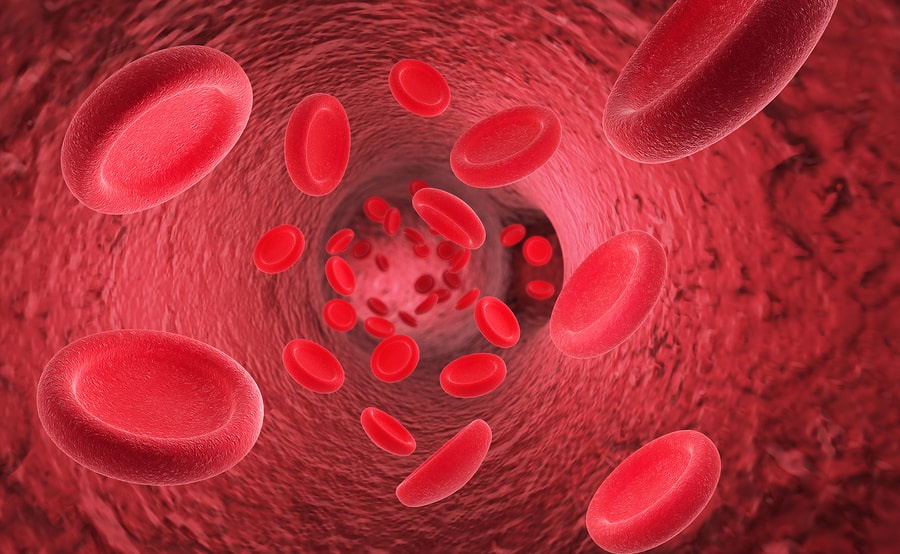Introduction:
Blood tests are crucial diagnostic tools that provide valuable insights into a person's health. One important parameter measured in a complete blood count (CBC) is Mean Corpuscular Hemoglobin Concentration (MCHC). What is MCHC in blood test? MCHC is a key indicator that can reveal significant information about the health of your blood cells and overall well-being.
What is MCHC?
MCHC stands for Mean Corpuscular Hemoglobin Concentration, and it represents the average concentration of hemoglobin in a given volume of packed red blood cells. Hemoglobin is the protein responsible for carrying oxygen throughout the body, ensuring that organs and tissues receive an adequate oxygen supply.
Understanding the Measurement:
MCHC is measured as a percentage and is derived by dividing the hemoglobin concentration by the hematocrit (the volume of red blood cells in a blood sample) and then multiplying by 100. The formula is as follows:
MCHC(%)=(Hematocrit
Hemoglobin)×100
Normal Range:
In a standard blood test, the normal range for MCHC is typically between 32% and 36%. This range may slightly vary depending on the laboratory and the specific reference values they use. A level outside this range can indicate potential health issues.
Significance of MCHC Levels:
Normal Range:
If MCHC levels fall within the normal range, it suggests that your red blood cells have an appropriate concentration of hemoglobin, ensuring efficient oxygen transport.
Low MCHC:
Low MCHC levels may indicate conditions such as iron deficiency anemia, thalassemia, or other nutritional deficiencies. In these cases, the body may struggle to produce enough hemoglobin, affecting the blood's ability to carry oxygen effectively.
High MCHC:
Elevated MCHC levels might be associated with conditions like hemolytic anemia or spherocytosis, where red blood cells are more concentrated with hemoglobin than usual. This can lead to premature breakdown of red blood cells and potential health complications.
Importance in Diagnosis:
MCHC is a valuable parameter for healthcare professionals in diagnosing and monitoring various blood disorders. When interpreted alongside other blood indices, it helps create a comprehensive picture of a person's overall health.
Conclusion:
In summary, MCHC is a critical component of a blood test that provides insights into the concentration of hemoglobin within red blood cells. Monitoring MCHC levels helps healthcare professionals identify and address potential health issues, ranging from anemia to underlying genetic conditions affecting blood cell structure. Regular blood tests are essential for maintaining optimal health, and understanding the significance of MCHC can empower individuals to take proactive steps towards well-being. If you ever receive blood test results outside the normal range, it's crucial to consult with your healthcare provider for a thorough evaluation and appropriate guidance.


No comments yet